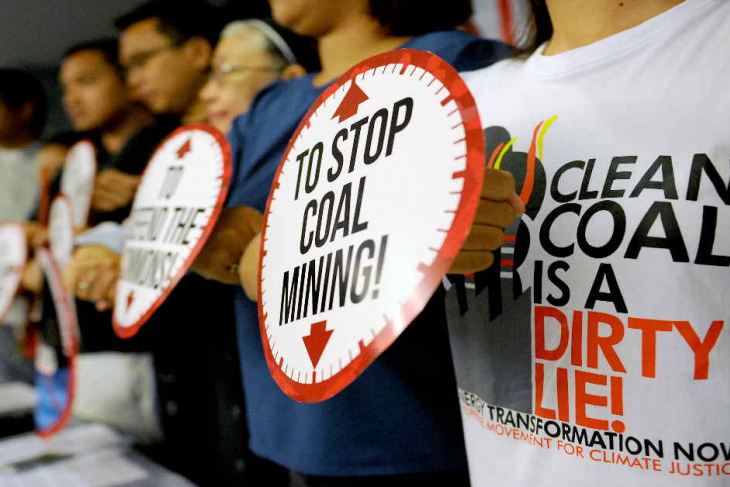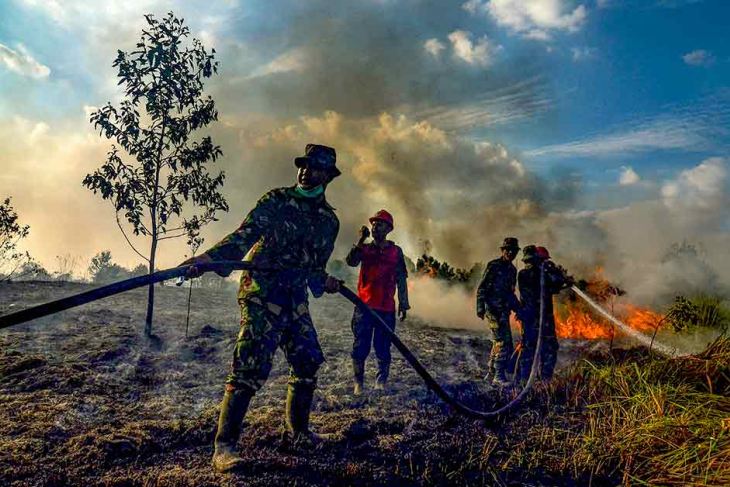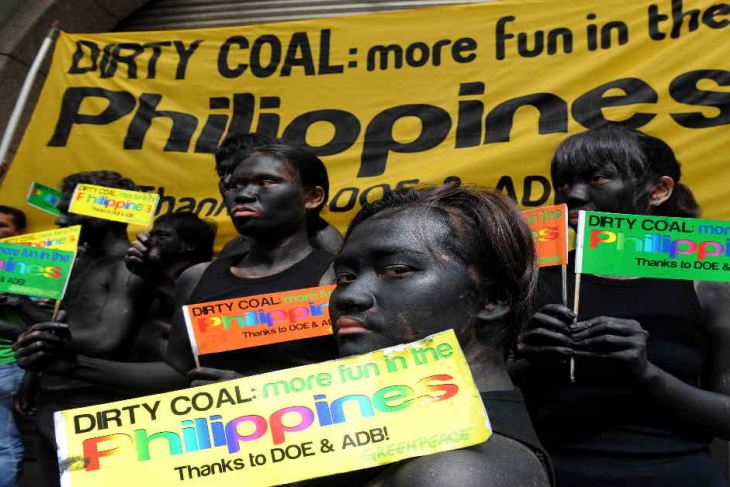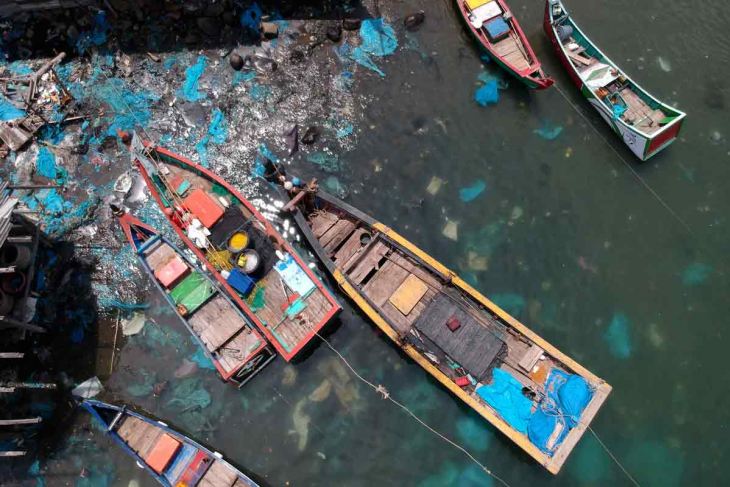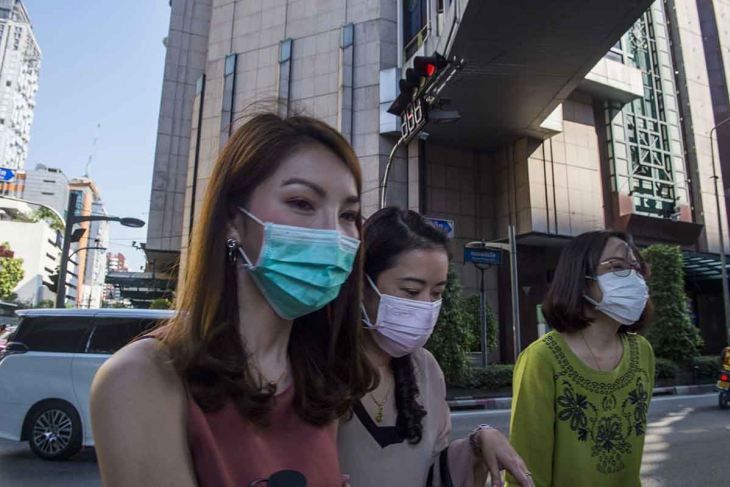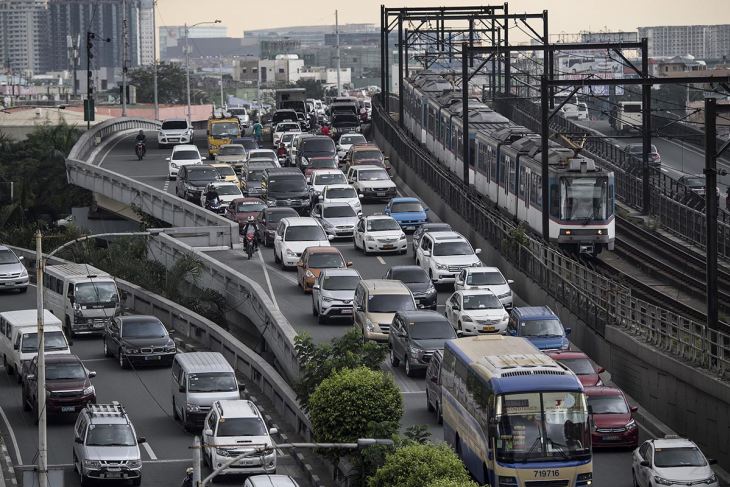Why Is The Philippines So Focused On Coal?
Although fossil fuels are the single biggest source of greenhouse gas (GHG) emissions, coal continues to be supported by both the government and businesses in the Philippines.While it is the cheapest fuel option, coal is also the most polluting one.
